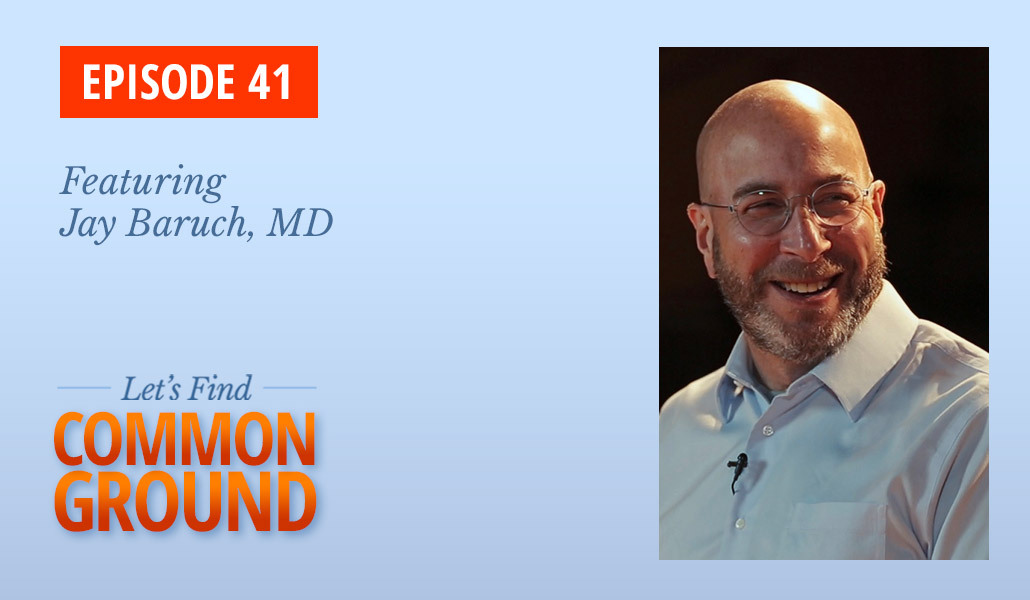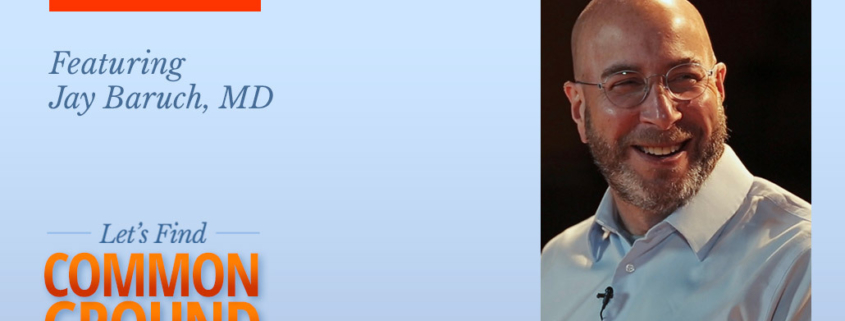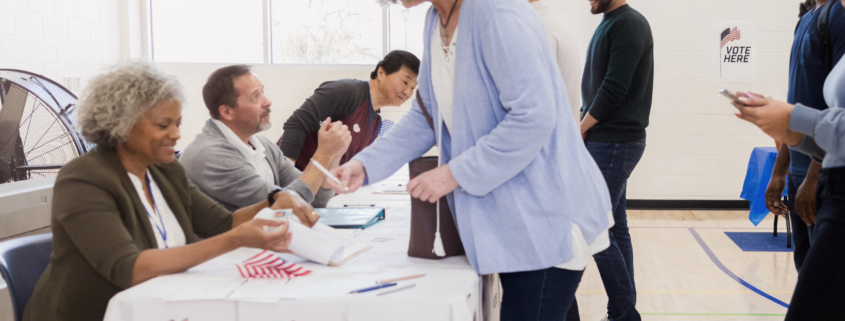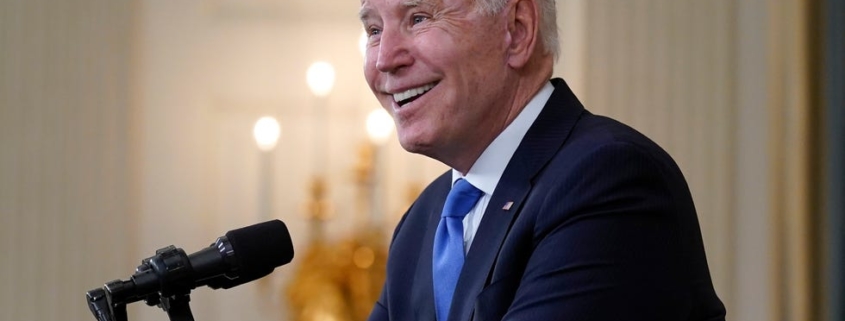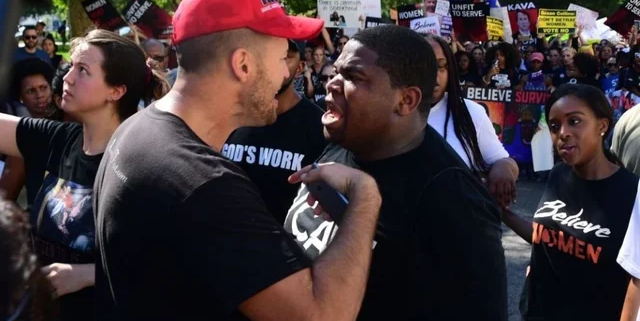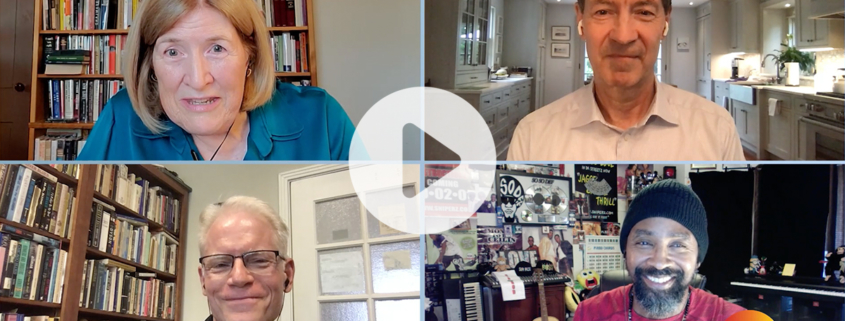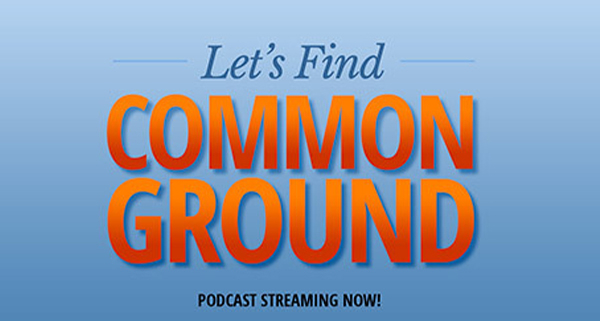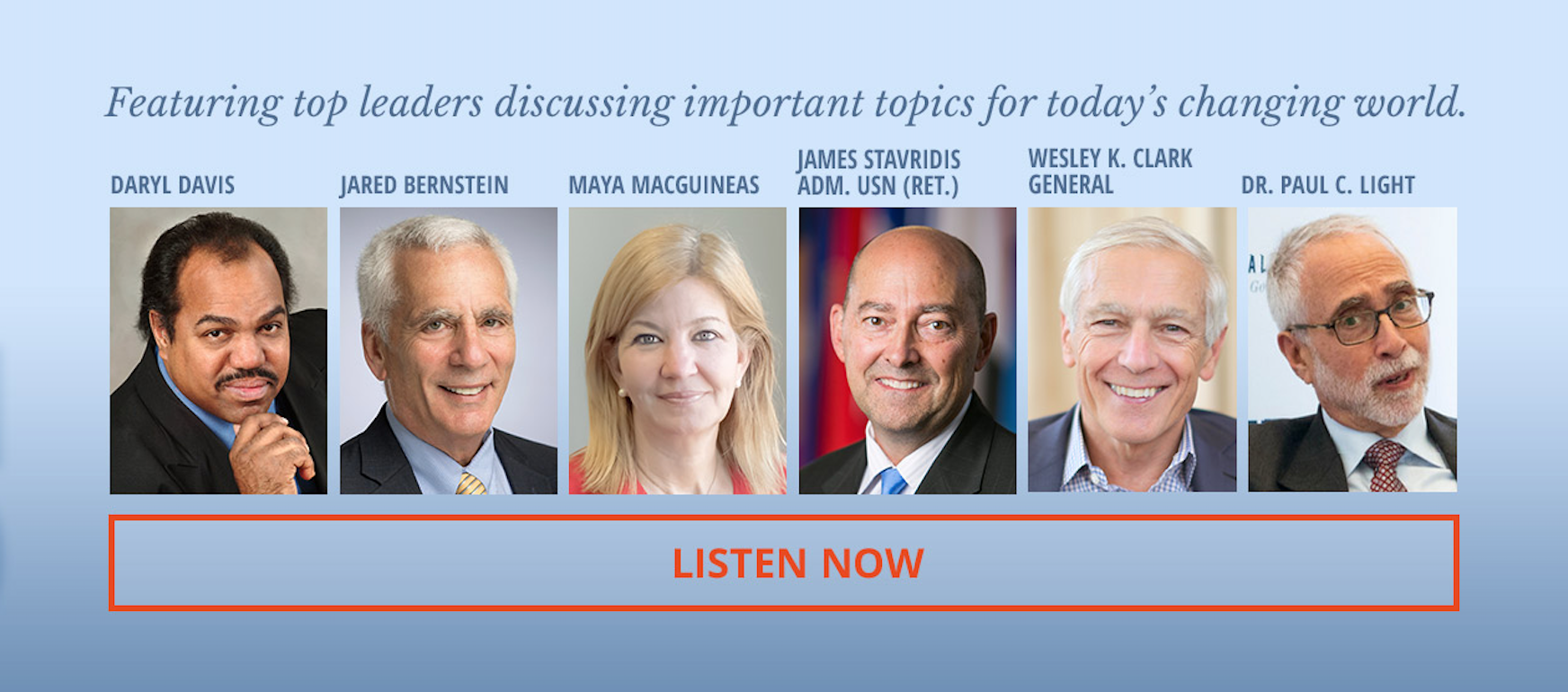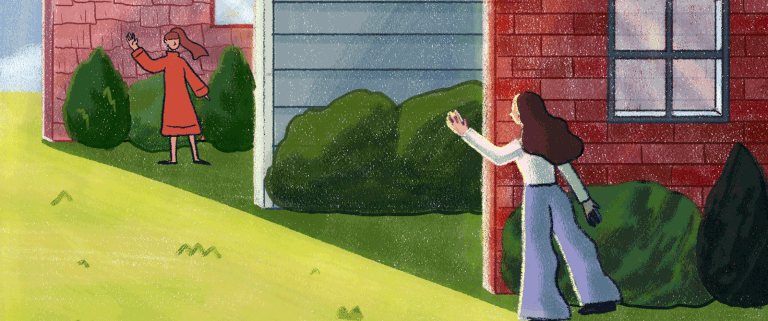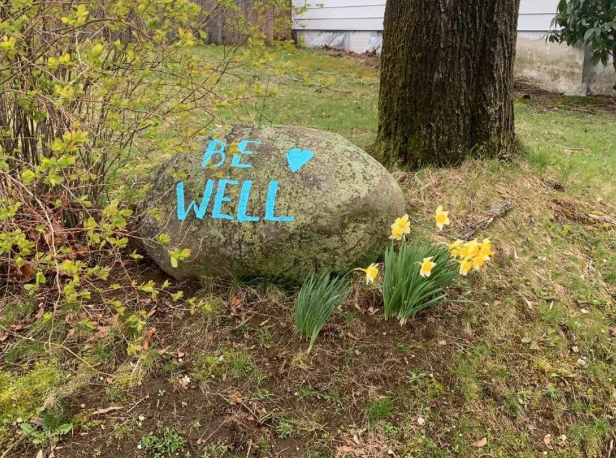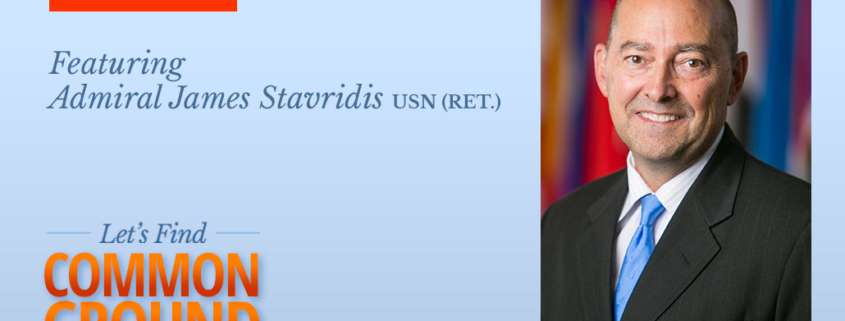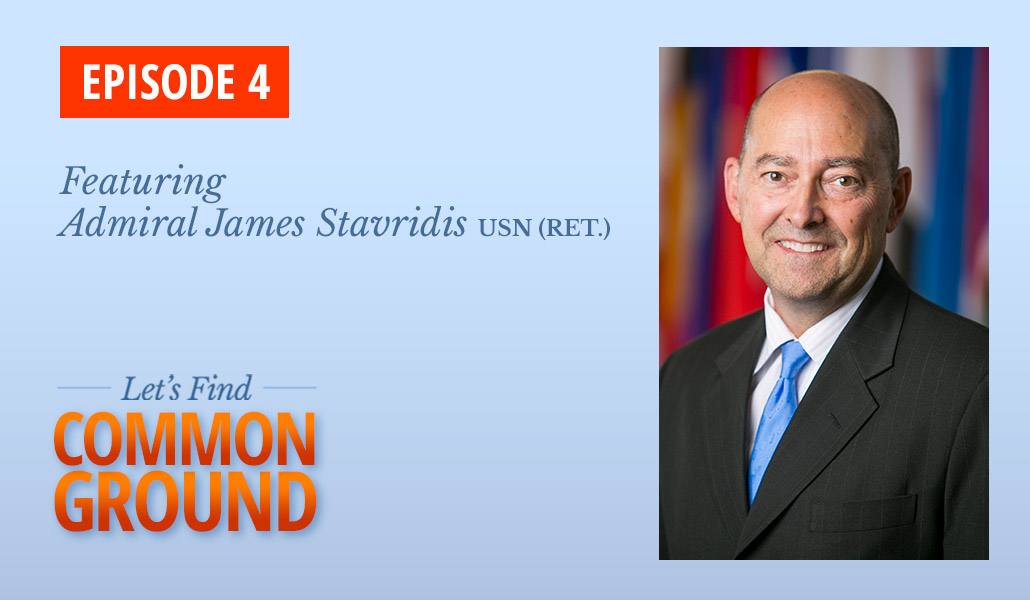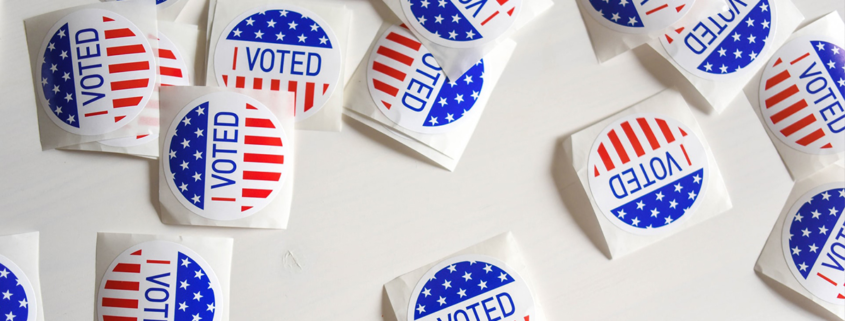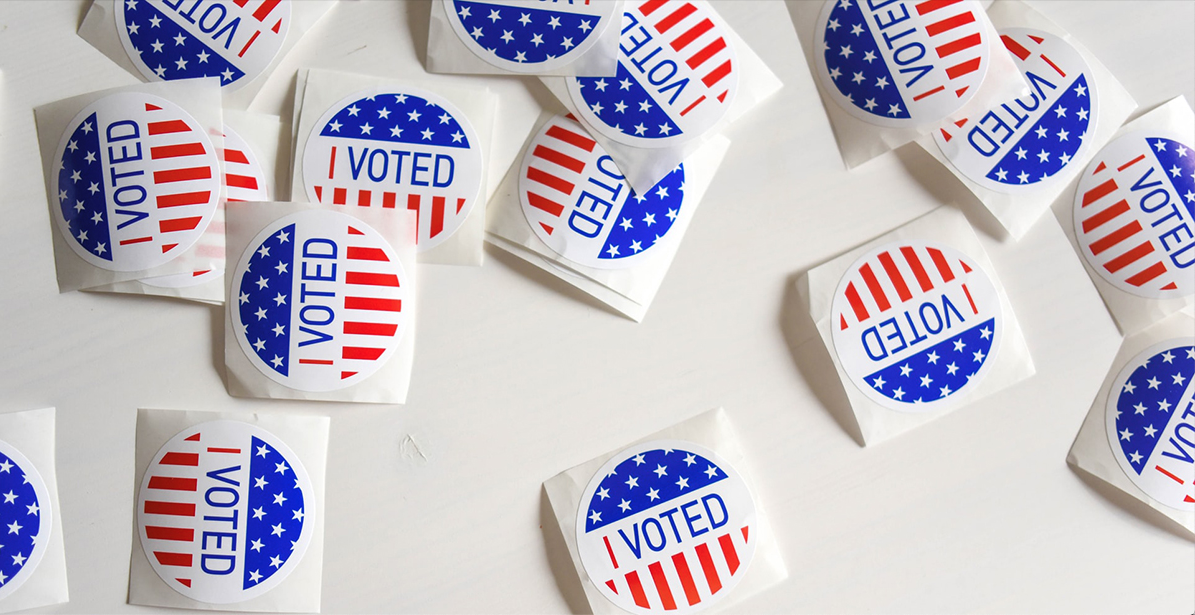In this piece written for USA Today, Common Ground Committee co-founders Bruce Bond and Erik Olsen analyze whether President Biden’s call for unity has translated into action, and examine the current opportunity to change how business gets done in Congress.
President Biden has an opportunity to break the ‘winner takes all’ culture in Congress, but he must adjust his definition of what true unity means.

President Joe Biden’s first months in office have been disappointingly familiar. While his predecessor’s combative tone is a thing of the past, when looking at actions (not words), it seems the president’s commitment to collaboration has disappeared.
During negotiations on the American Rescue Plan, Biden essentially said that bipartisan support would be nice, but that he’d be willing to pass the bill without it. The bill was promptly rammed through Congress on a party-line vote.
He did not strike many notes of collaboration during his first address to Congress, at one point saying on immigration: “If you actually want to solve a problem, I’ve sent a bill to take a close look at it.” What happened to the promise to “listen to one another” again?
This is disappointing, but there is a reason for hope. One of the few moments of promise in his speech was the acknowledgment of a Republican counterproposal to his infrastructure plan. We also were encouraged that he recently held talks with congressional Republicans.
Biden says he “welcomes ideas.” Now he must fully commit to this line of thought. Bipartisanship can no longer be thought of as a “nice to have” commodity. It must be considered necessary for future legislative progress because healing our great divides is paramount to the health and strength of the nation.
We know how easy it is to pay lip service to common ground. As heads of an organization, Common Ground Committee, dedicated to healing the existential threat of toxic polarization, we see it all too often from both ends of the political spectrum.
While Republicans are now sounding the call for bipartisanship, it wasn’t long ago that their leadership passed President Donald Trump’s tax cuts without any Democratic support.
Biden has an opportunity to break this “winner takes all” culture in Congress, but he must first adjust his definition of what true unity means.
The Biden administration has made clear that it views unity through the lens of bringing the American people together. To be sure, that is a worthy goal, and polling does show that parts of the president’s agenda have support from both Democratic and Republican citizens.
But so does bipartisanship. A new survey from Public Agenda and USA TODAY found that the majority of Americans on both sides of the aisle want to compromise and that they blame our leaders for the polarization.
There’s a lot of talk about “good faith” negotiations. It’s up for debate whether Republicans’ initial $600 billion counterproposals to the American Rescue Plan was a serious offer. But even if it wasn’t, the president could have called their bluff and made a counteroffer. Would Republicans really have been willing to be seen as the ones scuttling bipartisanship?
Vote on hate crimes bill is encouraging
The recent 94-1 passage of the COVID-19 Hate Crimes Act was an embodiment of what can happen when Democrats and Republicans put serious effort into cooperation. This type of progress should be commonplace, not a rare occurrence.
Biden should seize the momentum that Sens. Mazie Hirono, D-Hawaii, and Susan Collins, R-Maine, brought forth and use it to rebuild trust between the two parties heading into the next few months of negotiations on infrastructure.
The type of collaboration we saw on the COVID-19 Hate Crimes Act is not just a bonus, feel-good story – it’s a necessity for our country to function. If no progress is made on infrastructure via collaboration, we fear a chilling effect that could prevent progress on some of the most important issues facing the country, from guns to climate change.
At such a critical point in the nation’s road back to normalcy, now is exactly the time that Biden should hammer home the importance of collaboration.
It’s encouraging that the administration has called the Republicans’ $568 billion infrastructure counterproposal a “good faith effort.” Former Republican Ohio Gov. John Kasich, at a recent event we hosted with former Housing and Urban Development Secretary Julian Castro, said he believed there are aspects of the infrastructure bill Republicans could get behind.
Yet, even as talks show signs of promise, Democrats are setting an arbitrary deadline before they go it alone.
Take Republican proposal seriously
We are not saying that the Republican plan is the way to go to solve infrastructure. But at the very least, the president and congressional Democrats ought to seriously consider it as a first step in crafting a bill suitable for both sides – without putting up roadblocks.
Biden wisely said in his inaugural address that “every disagreement doesn’t have to be a cause for total war.” We couldn’t agree more.
Republicans are not going to be on board with every idea the Democrats propose and vice versa – and that’s perfectly fine. But we shouldn’t let those disagreements be a barrier to any progress.
The president has an opportunity to fundamentally change the narrative of how business is done in Congress and give Americans an example to aspire to. He should not let that moment pass him by because, in these times of great division, the way business gets done is just as important as the business to be done.
– This article was originally published in USA Today on May 17, 2021.
